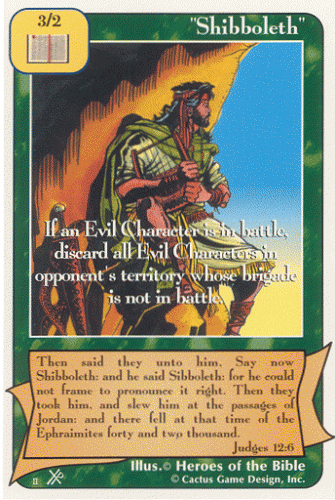‘When some people think of empathy, they think of kindness. I think of war...’
In Against Empathy, Bloom provides a thoughtful, considered, empirically-grounded case which challenges many notions that we often accept as good without really thinking them through.
We live in an age in which, Bloom observes, reason is constantly deprecated and emotions celebrated. Social psychologists and neuroscientists insist that humans are irrational creatures. Many philosophers and sociologists claim that the appeal to reason is Eurocentric; Bloom writes of a sociology professor who ‘gently told me that my emphasis on reason expressed a particularly Western white male viewpoint...’
...Reason is what ‘makes us distinctively human, and it gives us the potential to be better to one another, to create a world with less suffering and more flourishing and happiness.’ Empathy, on the other hand, is ‘a poor moral guide’ in almost all realms of life, whether that be public policy, private charity or interpersonal relationships...
By ‘empathy’, Bloom means something highly specific. He is not talking about general sympathy for, or identification with, another’s plight. He refers rather to ‘the act of feeling what you believe other people feel – experiencing what they experience.’
So, what is the problem with such empathy? Bloom has a long checklist. First, empathy is like a spotlight that focuses on certain people, making us care more about them but leaving us insensitive to long-term consequences of our acts, and blind to the suffering of those we do not or cannot empathise with.
Source. Emphasis mine
In Against Empathy, Bloom provides a thoughtful, considered, empirically-grounded case which challenges many notions that we often accept as good without really thinking them through.
We live in an age in which, Bloom observes, reason is constantly deprecated and emotions celebrated. Social psychologists and neuroscientists insist that humans are irrational creatures. Many philosophers and sociologists claim that the appeal to reason is Eurocentric; Bloom writes of a sociology professor who ‘gently told me that my emphasis on reason expressed a particularly Western white male viewpoint...’
...Reason is what ‘makes us distinctively human, and it gives us the potential to be better to one another, to create a world with less suffering and more flourishing and happiness.’ Empathy, on the other hand, is ‘a poor moral guide’ in almost all realms of life, whether that be public policy, private charity or interpersonal relationships...
By ‘empathy’, Bloom means something highly specific. He is not talking about general sympathy for, or identification with, another’s plight. He refers rather to ‘the act of feeling what you believe other people feel – experiencing what they experience.’
So, what is the problem with such empathy? Bloom has a long checklist. First, empathy is like a spotlight that focuses on certain people, making us care more about them but leaving us insensitive to long-term consequences of our acts, and blind to the suffering of those we do not or cannot empathise with.
Source. Emphasis mine





